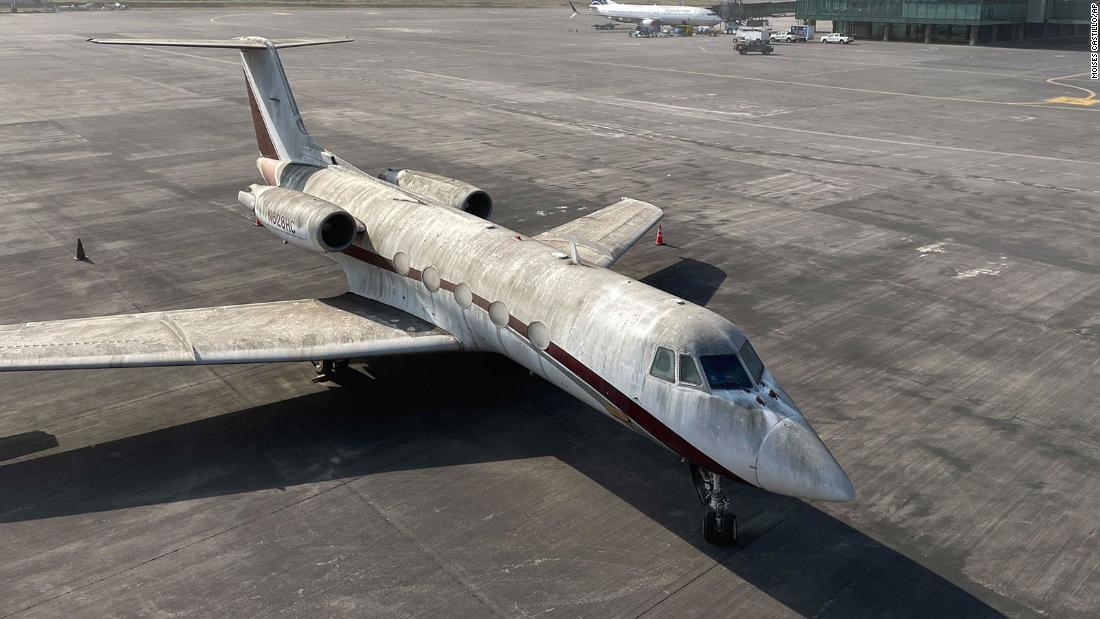
The Civil Aviation Authority announced the closure on Twitter, saying they made the decision as a result of the “change in wind direction from south to north and the increase in Pacaya volcanic activity and the increase in the fall of ashes “.
According to the Civil Aviation Authority, the measure was taken following the recommendation of the National Institute of Seismology, Volcanology, Meteorology and Hydrology (INSIVUMEH) which announced the increase in volcanic ash in many areas of the capital.
“So far, nine aircraft have been affected and continue to land, a flight coming from Los Angeles, California, USA, was diverted to El Salvador,” the Guatemalan Civil Aviation Authority said.
In a video posted on his Twitter account, the director of Civil Aviation, Francis Argueta, said it was unclear how long the closure would last, but that authorities “hope to resume operations at the airport as soon as possible.”
Encounters between planes and volcanic ash can occur because ash clouds are difficult to distinguish from ordinary clouds, both visually and radar, according to the U.S. Geological Survey. Ash clouds can also derive great distances from their source.
Ingestion of volcanic ash by engines can cause severe deterioration in engine performance due to erosion of moving parts and partial or complete blockage of fuel nozzles.
Volcanic ash contains particles, the melting point is lower than the internal temperature of an engine. During flight, these particles will melt immediately if they pass through an engine. As it passes through the turbine, the molten materials cool rapidly, stick to the turbine blades, and disrupt the flow of high-pressure flue gases.
CNN’s Kara Fox and Paul Armstrong contributed to this report.